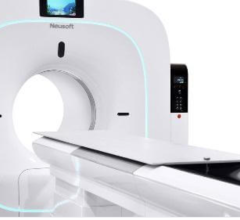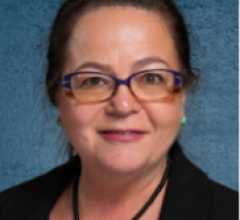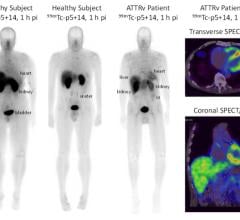June 6, 2014 — Among the collection of aspiring medical isotope production companies looking to build facilities in the United States, Coquí RadioPharmaceuticals Corp. is he only one using a design and production method already proven in the commercial markets. Coquí is planning on constructing and operating a dedicated medical isotope production facility. In a recent letter to investors, Coquí noted that it is nearing completion of the Environmental Impact Study for the facility, which will pave the way to submit a construction permit application to the U.S. Nuclear Regulatory Commission in 2015.
Medical isotopes are used in a wide variety of medical tests, including cardiology stress tests and cancer screening. The most widely used medical isotope in the world is Technicium-99m (Tc-99m), which is derived from another isotope, Molybdenum-99 (Mo-99). Tc-99m is used in approximately 40,000 medical diagnostic procedures per day in the United States. With its short half-life, the isotope needs to be used in patients very quickly after it is created, but it is not produced in the United States.
International production sources tend to be older and frequently unreliable, which can delay delivery of potentially life-saving medical diagnostics and treatments to patients. International facilities also tend to use high-enriched uranium, which can raise proliferation concerns. “It is very important that proven technology be used because medical isotopes save lives. We know that the Coquí’s facility will bring a reliable domestic production source of these life-saving medical isotopes to the United States,” the CEO of Coquí, Carmen Bigles stated.
To implement this project Coquí has chosen INVAP, an internationally recognized Argentinian firm to design and construct the proposed facility, which will use low enriched uranium. INVAP has designed and constructed a number of similar facilities around the world, including the OPAL research reactor in Australia, the RA-3 in Argentina and others facilities that are successfully producing Mo-99 with low enriched uranium.
For more information: www.coquipharma.com


 July 30, 2024
July 30, 2024 








